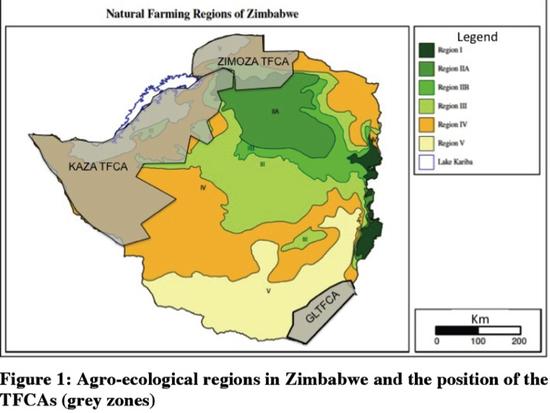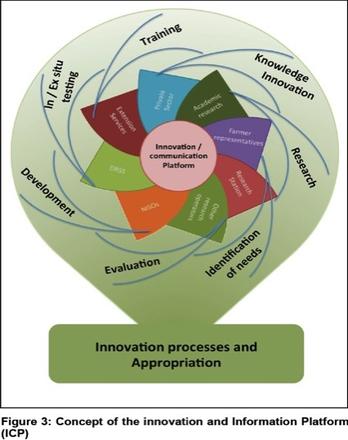Delivering Innovation and technology through the REinforcement of Agricultural and Multidisciplinary research capacity for the benefits of small-scale farmers in TFCAs - DREAM
Last update: 19 January 2018
Dates: 2014-2018
DREAM will reinforce agricultural and environmental research and develop applied research activities with a multi-stakeholders’ participatory approach, in order to produce knowledge and innovation for local communities, and promote optimal use of Natural Resources (NR) and best agricultural practices for the regions IV and V in Zimbabwe.
Overall objective
To contribute to the reduction of rural poverty and the sustainable use of natural resources by reinforcing and capacitating agricultural and environmental research in Zimbabwe
Specific objective
To Reinforce applied agricultural & environmental research and promote the production of knowledge & innovation through the involvement and communication between all stakeholders in region IV and V
Expected impact
As a result, agricultural and environmental research institutes are expected to develop demand-driven research and produce knowledge and innovation responding to local needs. Moreover, all agricultural and environmental stakeholders will be linked and involved in the processes of innovation and production of knowledge for small-scale farmers in regions IV & V.
The project will have an impact on capacity building of government services. It will also increase scientific knowledge and improve agricultural production and NRM in the TFCAs and whole regions IV and V. More specifically, the agricultural sector will be supported by demand-driven innovative research and development. Research will be put in a position to (i) receive messages from the national state and communal reality, (ii) translate them into relevant scientific themes, (iii) design and implement participatory research methods, (iv) obtain results that take into account competitiveness, diversification and sustainability requirements, (v) translate such results into practical knowledge for the final beneficiaries. At the end, the whole NARS will be strengthened and more in line with the final beneficiaries demand.
Last update: 19 January 2018


